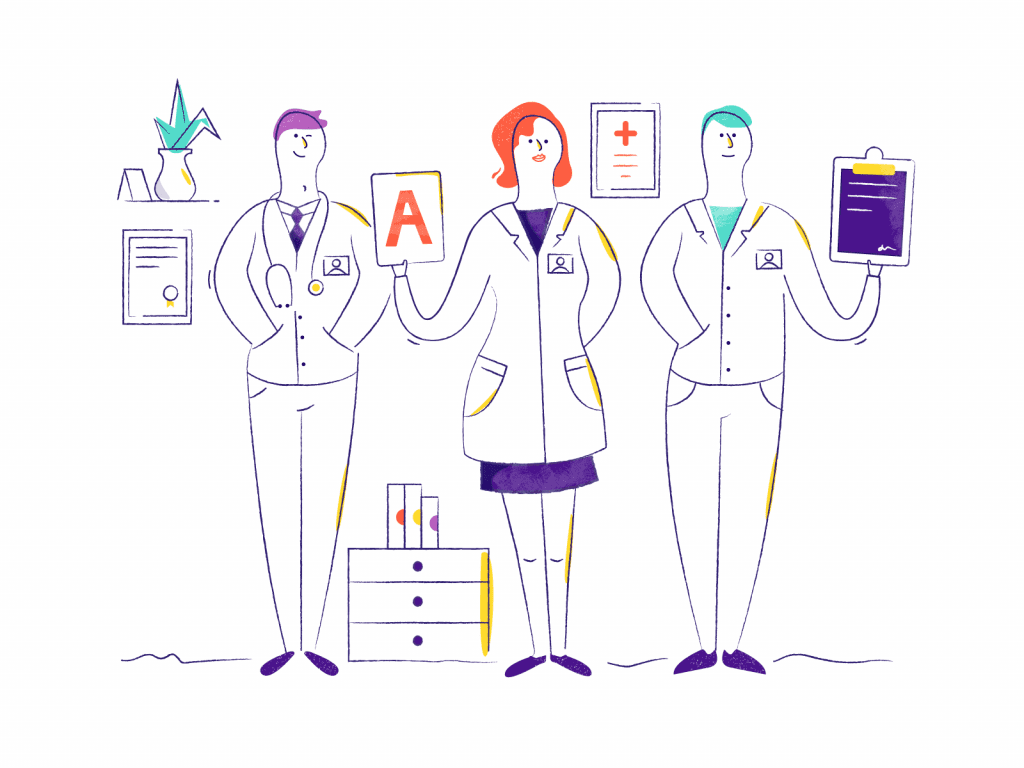
Today, advancement has been made all over the place but developments that are required to be made to meet the Development Goals are lagging behind. Determined steps have to be taken to meet the goals by 2030. In this decade, solutions need to be found for all the challenges ranging from poverty and inequality to gender injustice and climate changes.
Sustainable Development Goals (SDGs) are a set of 17 goals which address the global obstacles faced by people like poverty, inequality, environmental degradation, injustice, etc. It is important that these goals are achieved by 2030. These goals aim at undermining inequality, removing hunger and poverty in order to ensure a sustainable community in the world.
The United Nations Environment Programme which is also known as the UNEP functions with the UN to help nations track their progress towards ensuring these 17 goals with an aim to ensure Sustainable Development. UNEP also provides assistance and guidance for Environmental Governance and to develop coherent laws and guide countries to achieve their goals.
Steps to be taken towards achieving Sustainable Development Goals
Governments along with the Industrialists need to work together to achieve these goals even though the primary responsibility lies with the Government.
As we all know that industrialization is crucial for the generation of employment and economic growth but not at the cost of environmental degradation. However, pieces of evidence have shown that it has the ability to create employment and encourage trade globally and thus has the ability to bring a structural transformation of economies which is crucial for reducing unemployment and achieve sustained prosperity. Reports have shown the link between manufacturing and low level of poverty and better income distribution.
Strengthening consensus among the policymakers and economists would further facilitate at the enhancement of the existing industries and its impact on the growth of societies and further Sustainable Development would be assured.

A robust private sector would be highly influential to bring local economic enhancement, knowledge, employment generation, etc. Bringing out sustainable and inclusive like that of medium and small scale industries would be of great help to reduce unemployment as it will be approachable for all including the most vulnerable groups. At the same time, the government has to take necessary actions to help meet the important conditions that are required to secure a strong industrial base, which will need infrastructure, innovative skills, capital and reforms. Thus, the Government and manufacturing industries need to collaborate to achieve Economic Growth along with Sustainable Development.
There is also a need to ensure good quality of infrastructures like roads, electricity and transport which is foundational in improving connectivity and to enhance industrial activity which is required to bring improvement in employment level and reduce poverty and bring economic growth and improved living standards. Further, it has to be ensured that no one is left behind even though it is slightly difficult not only in terms of economy but also in the complexity of plans and policies, especially in light of those countries where basic infrastructure and social structure is underdeveloped. By developing long term strategies and plans, Governments need to work across sectors to ensure that no one is left behind. Reports have shown that there is no uniformity in the attempts of Government to institutionalize the Sustainable Development Goals.
Further, to ensure that no one is left behind it is important to have global goals, robust advocacy, analysis and large scale mobilization. There are many other obstacles in ensuring the Sustainable Development Goals like illiteracy, gender inequality, landless farmers, long term development challenges etc. In order to overcome these challenges, there is a need for a global partnership for health-related development programs so as to further meet the requirements of the poor and the marginalized community. It is important to note that health is one of the most important goals to ensure the fulfilment of other goals.

Thus, there is a need for a global partnership which can bring reform in access to health care and treatment with prior experiences in controlling and treating contagious diseases (like Malaria, COVID -19, AIDS) and also tackling causes of child and maternal mortality especially among the vulnerable and the marginalized groups like the minorities, queers, transgender, sex workers and all others who are subject to discrimination. International Organizations like the WHO, The Red Cross and other Civil Societies have put forth targets with time-limits to improve health. These global targets have helped adopt a new method of treatment for Malaria, AIDS, Tuberculosis, etc. even in the poor and developing countries.
Making important progress and seeing that no one is left behind should be included as part of the 2030 agenda. This will require not only lifting additional resources but also focusing on innovation and learning so that countries know how to mark their resources most successfully. Robust institutions, as well as a competent and coordinated public sector, are crucial in this attempt. Similarly, understanding effectiveness in international development co-operation such as the global partnership for health is vital. Experiences from the global partnership for health can be applied to other investment difficulties under the SDGs, such as availability and access to learning platforms and equity in learning outcomes, access to basic structure or aid smallholder farmers.
Also, these agendas should be included in the national policies of countries because that will direct more attention to these goals. Strengthening cities, small towns and regional governments bring out a lot in achieving the SDGs. Their roles will be important in implementing the goals. For overcoming the challenges that exist on its pathway to achieve the goals, the aid of international organizations should be taken. Besides, developing international cooperation among nations can also help.
Enhancing research work and technologies towards fulfilling the goals, upgrading the use of technology and promote using reports and pieces of evidence from other fields will help to bring a chance at achieving sustainable goals.
Lastly, there should be a focus on the improvement of the statistical capabilities to address the issues that exist in achieving these goals by identifying challenges with adequate measures to strengthen the effectiveness of researches.
Editor’s Note
The Sustainable Development Goals play a very vital role in achieving overall growth and development of a nation along with attaining Sustainable Development. This article explains certain basic aspects related to the 17 SDGs enlisted by the UN. The author also suggests certain steps which should be taken by the various stakeholders in order to achieve the SDGs by the year 2030. Along with this, the author has also mentioned certain challenges faced in achieving these goals and the steps that can be taken to overcome them.